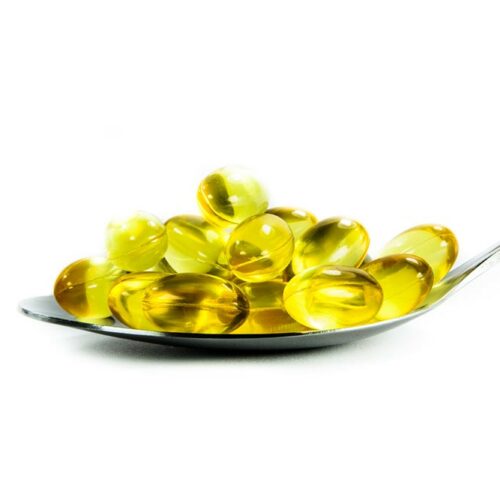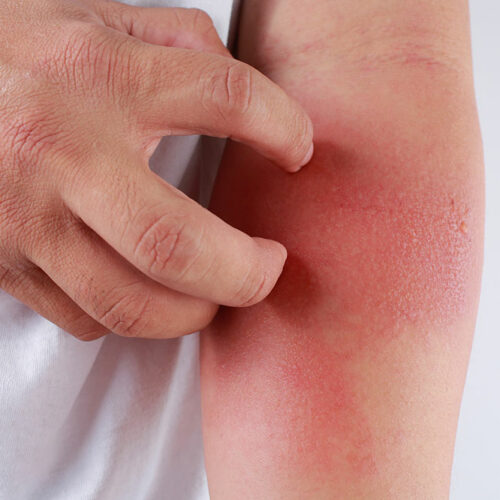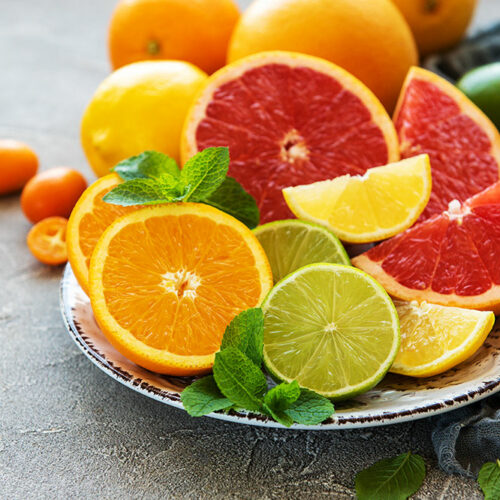6 health benefits of fish oil supplements

Fish oil comes from a variety of fish like salmon, tuna, herring, and mackerel. While these fishes are healthy in themselves, the oil extracted from these is also known to have a lot of omega-3 fatty acids. Since the human body doesn’t produce omega-3 fatty acids, it helps to add these extra nutrients to one’s routine through fish oil supplements. Some of the well-known health benefits of fish oil supplements include the following: Improve heart health It has been observed that people who include a lot of fish in their meals usually are at lower risk of heart disease. This may happen because fish has nutritional benefits that help lower cholesterol, blood pressure, and triglycerides and prevent plaque from forming in the arteries. Consequently, heart health improves, preventing cardiovascular problems. These same benefits can be obtained by having fish oil supplements, especially for those who don’t prefer to eat fish. Boost brain health The brain is known to have at least 20% polyunsaturated fatty acids, of which a huge part is omega-3 fatty acids. This means omega-3 fatty acids are essential for the brain to function well. Subsequently, when a person’s meals do not provide this nutrient, having fish oil supplements can be helpful.






